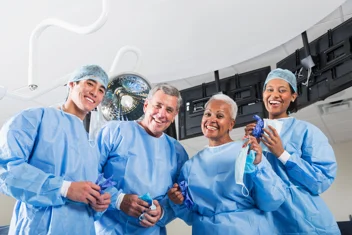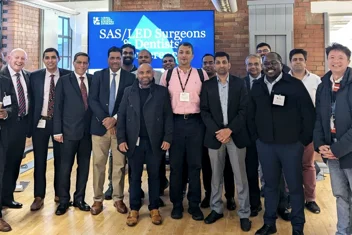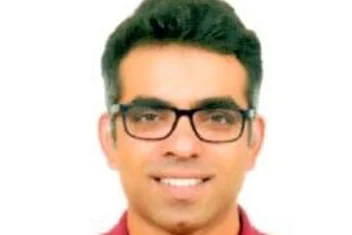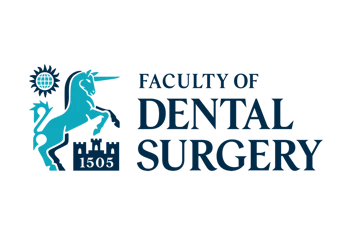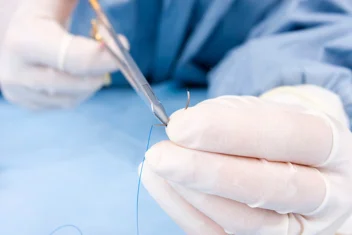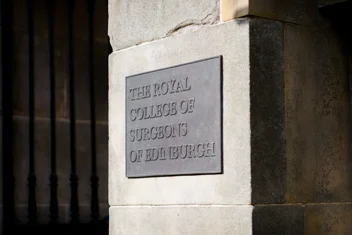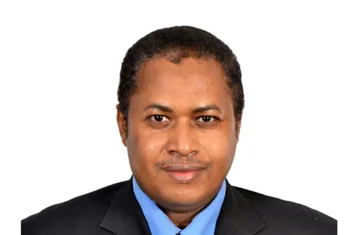Featured RCSEd News
News Library
RCSEd Appeals for Donations for Giving Tuesday – the Global Day of Generosity
The Royal College of Surgeons of Edinburgh are proud to take part in this year’s Giving Tuesday, held on 2 December. This year, we are asking you to consider donating to Global CARE. Global CARE exists to address healthcare inequality worldwide by building sustainable surgical and dental capacity in communities suffering from chronic shortages of care.
Global CARE

The RCSEd Surgical Mentoring Scheme and Mentor Development Programme
Emma Stapleton, Consultant Surgeon and incoming RCSEd Council Member, and Lisa Hadfield-Law, Mentor Trainer, discuss the RCSEd Mentoring Scheme.

Supplementary Charter and Governance Updates
Following agreement by our Fellows and Members at the Annual General Meeting in November 2024, His Majesty King Charles III has granted the College a Supplementary Charter and approved our revised Laws. This achievement marks a new chapter for the College.

ProDental CPD: a Closer Look at the New Dental Membership Benefit
Following the announcement earlier this year of ProDental CPD as a new benefit for Dental Fellows and Members of the Royal College of Surgeons of Edinburgh (RCSEd), the College is now pleased to share further detail on what members can expect from this industry-leading platform.
Dental

RCSEd Launches RewardEd: Exclusive New Benefits Platform for UK Fellows
The College is proud to announce the launch of RewardEd, a brand-new benefits platform designed exclusively for our UK Fellows. This exciting initiative offers access to a wide range of discounts, special offers, and exclusive RCSEd perks across a variety of categories - including technology, fashion, health & fitness, food, travel and family days out.







